Fiction Beer Company | Logic is Relative
ABV: 7.9% | IBU: 85
If you like beer then you must have heard about the newest “trend” in the craft beer world — the hazy IPA. Craft brewing is an ever-evolving industry that has witnessed numerous trends, but this trend isn’t really a trend because it’s nothing new and it is definitely here to stay. More than a decade ago, The Alchemist brewed the infamous Heady Topper whose rare and unique flavor profile created a buzz around the country that quickly led to it being one of the most sought after beers in America.
IPAs emerged as the most popular beer style roughly seven years ago, and its biggest fans were aptly labeled hop heads. Hop heads sought IPAs with hops, hops and more hops. These beers tended to lend notes of bitterness, pine, resin and high ABV that was sure to give you a buzz after just a few. Over the years, brewers tested and experimented with different hops and brewing processes that has led the IPA category to be the most popular style in craft beer. While many people debate whether the New England or Vermont style IPA should be its own style — it shouldn’t, there is no debate that the haze craze is here and it’s here to stay.
Bitterness is out and hop flavor is in. Words like dank and hoppy are out, and juicy and hazy are in.
A few years ago it was all about how many IBUs (International Bitterness Units) a beer could have. How bitter could you make a beer and were you a true hop head or just a poser? (Do people still use that word?) As mentioned before, the craft beer industry is ever-changing and what is available to brewers strongly dictates the type of beer they can make. A few years ago most brewers would use Cascade, Centennial, Chinook and Columbus hops, also know as the classic C-hops, for their IPAs. Nowadays, brewers have so many more available hops and fruit forward hops such as Mosaic, Citra, Galaxy and Amarillo. Couple this with the popular brewing method of dry-hopping, a step in the brewing process where dry hops are added after primary fermentation, and locks in the juicy fruity hop aromas that are so popular today.
So what is a hazy IPA and why is everyone trying to get their hands on it?
In short, a hazy IPA is an India Pale Ale that embraces hop flavors rather than bitterness. So, how is it brewed? To not get too technical, the basic premise of brewing a New England style IPA is pretty easy. Use fruit forward hops such as Citra, Mosaic, El Dorado, etc., don’t add hops during the boil, but add them during the whirlpool and dry hopping phase. Use yeast strains that don’t flocculate or fall out of suspension (Conan, London Ale III, etc.). Water treatment, mash temperatures, and high protein grains like wheat or oat are key. I’m a drinker not a brewer so if you are thinking of taking a crack at this for your next homebrew, reach out to a local brewer or homebrew store in your area for tips to brewing a successful hazy IPA.
As popular as the hazy IPA has become on the East Coast, the West Coast and mountain regions have also quickly embraced the hazy IPA. From Great Notion Brewing in Portland and Monkish Brewing Co. in California to Weldwerks Brewing Co. in small Greeley, CO and Fiction Beer Company in Denver, no area is immune to the haze craze.
A Hazy IPA Example: Fiction Beer Co. Logic is Relative
Opened in 2014 on the famed Colfax Avenue by self proclaimed book dork, Christa Kilpatrick, and beer geek, Ryan Kilpatrick, the owners combined the imaginative crafts of beer and literature to form Fiction Beer Company. Drawing inspiration from the quintessential New England author John Irving and his piece A Prayer for Owen Meany, Logic is Relative was born. In the book the protagonist learns from his grandmothers gardening and laundry habits that “Logic is Relative.” They employed similar logic when brewing their New England style Imperial IPA. Who is to say what an IPA should or shouldn’t be? If it makes sense to you, then sit back and enjoy the beer.
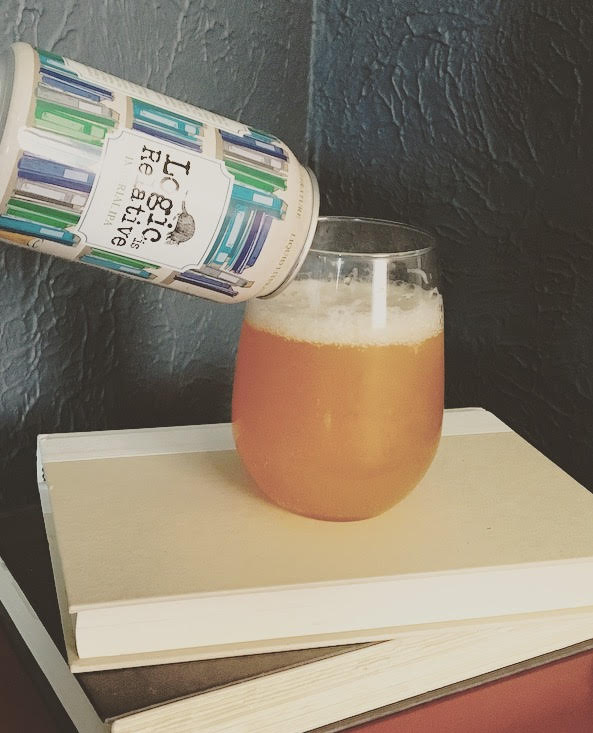
Logic is Relative uses over four pounds of a variety of tropical and citrusy hops per barrel. The beer produces an aroma and taste of orange juice, ripe melon and guava and the malt bill uses high protein malts that help keep the hop oils in suspension creating the hazy appearance and designed to allow the senses to focus on hop flavor and aroma that is associated with the popular New England style IPA. Logic is Relative can be found in bottle shops and liquor stores in the Denver area and is meant to be kept cold and drank fresh. Whether you are on board or not, the haze craze is here to stay and Fiction Beer Company’s Logic is Relative showcases why.


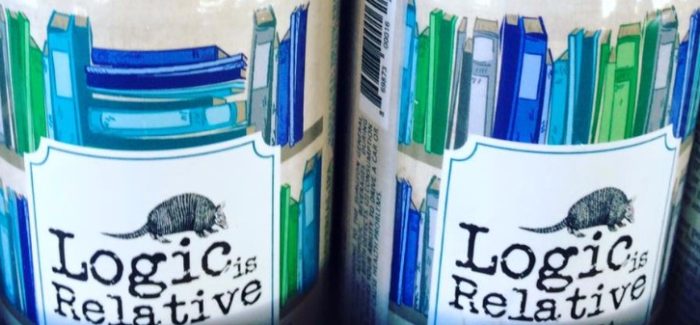


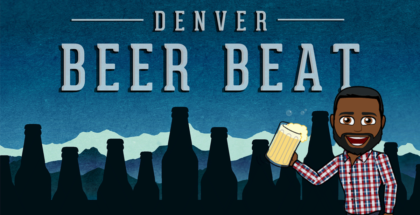
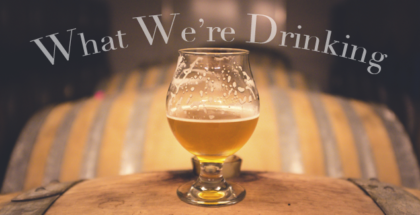
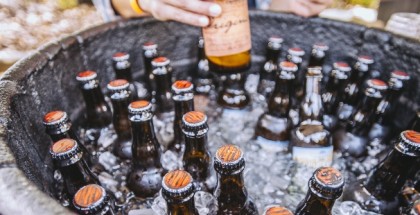
Submit a Comment